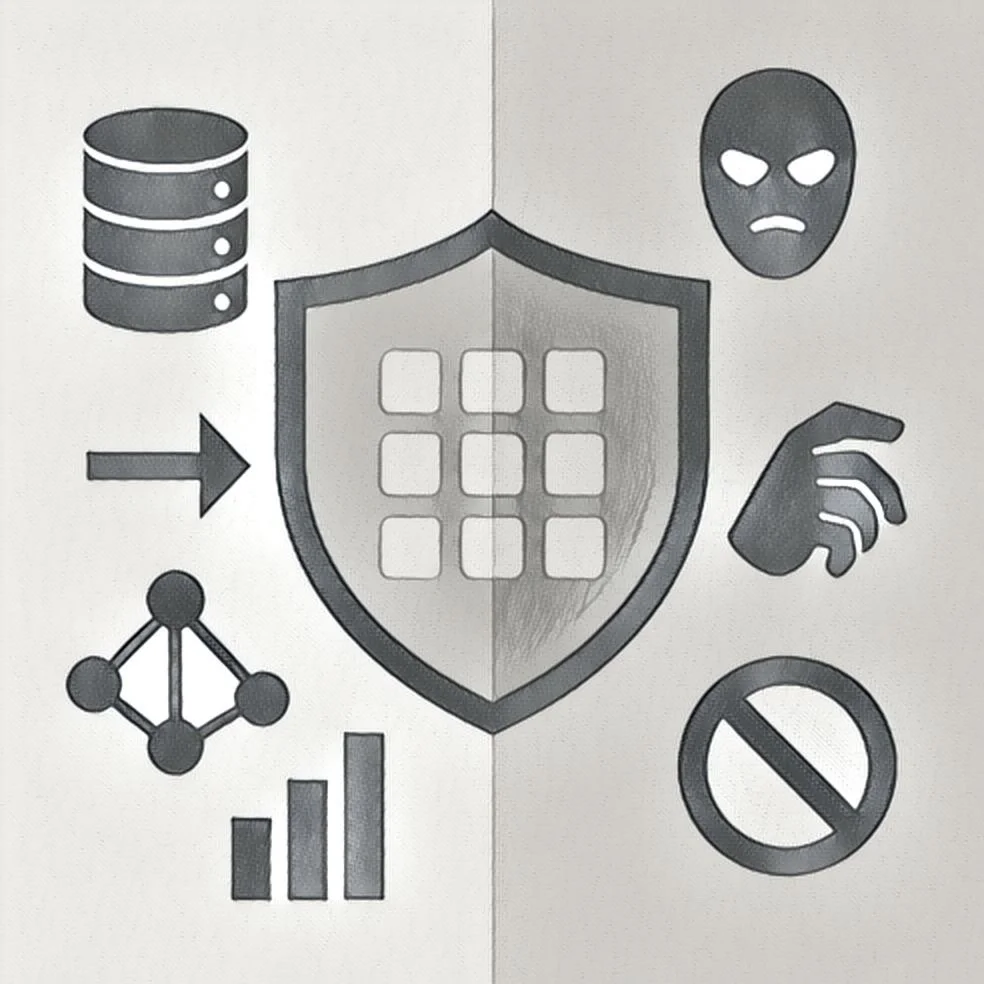Thinking About Social Media Decay, Propaganda, and Fake News
“You get what you buy.”
Back in 2016 I started really worrying about where how people used social media was headed. Things have gotten worse since then. Below this text are some posts dating back to 2016 about propaganda, fake news, and what I call “social media decay.”
What I find most corrosive about being able to so easily pick and choose the communication channels one engages with is how easy it is to end up generating a distorted view of reality. Those who control communication channels understand this and manage content so as to promote their own controls whether it be politics or fundraising. We see this with how Russia is currently controlling its citizens’ access to information about its destruction of Ukraine and its people, Fox News personalities’ obsession about other people’s sexuality, and the Washington Post’s descent to providing a “fair and balanced” view of current politics.
One of the factors contributing to the ease with which social and interactive media are used to distort reality is their tolerance for participant anonymity. I am personally convinced that people say things and encourage actions online differently when they believe they will not be personally identified.
At the same time, disallowing anonymity can be viewed as an attack on privacy. I understand that viewpoint given the real possibility that some viewpoints will invite retribution. We see that in repressive societies like Russia and in some U.S. states that are actively controlling how sensitive historical facts can be taught in schools.
One problem with managing social media based interaction is that it is impossible to draw (or automate) an unambiguous line between “dangerous” and “free” speech. People differ about how such controls can or should be imposed. Also, as long as anonymity is encouraged, it will be impossible to accurately determine the motivation behind the comments one makes online.
As long as individual values differ so significantly in society, social and interactive media will be used to promote potentially incompatible views about a vast range of topics including freedom of speech, social justice, equality, personal freedom, and the right of one group to control the actions of all.
Copyright (c) 2016-2022 by Dennis D. McDonald. Above text updated April 20, 2022.

































